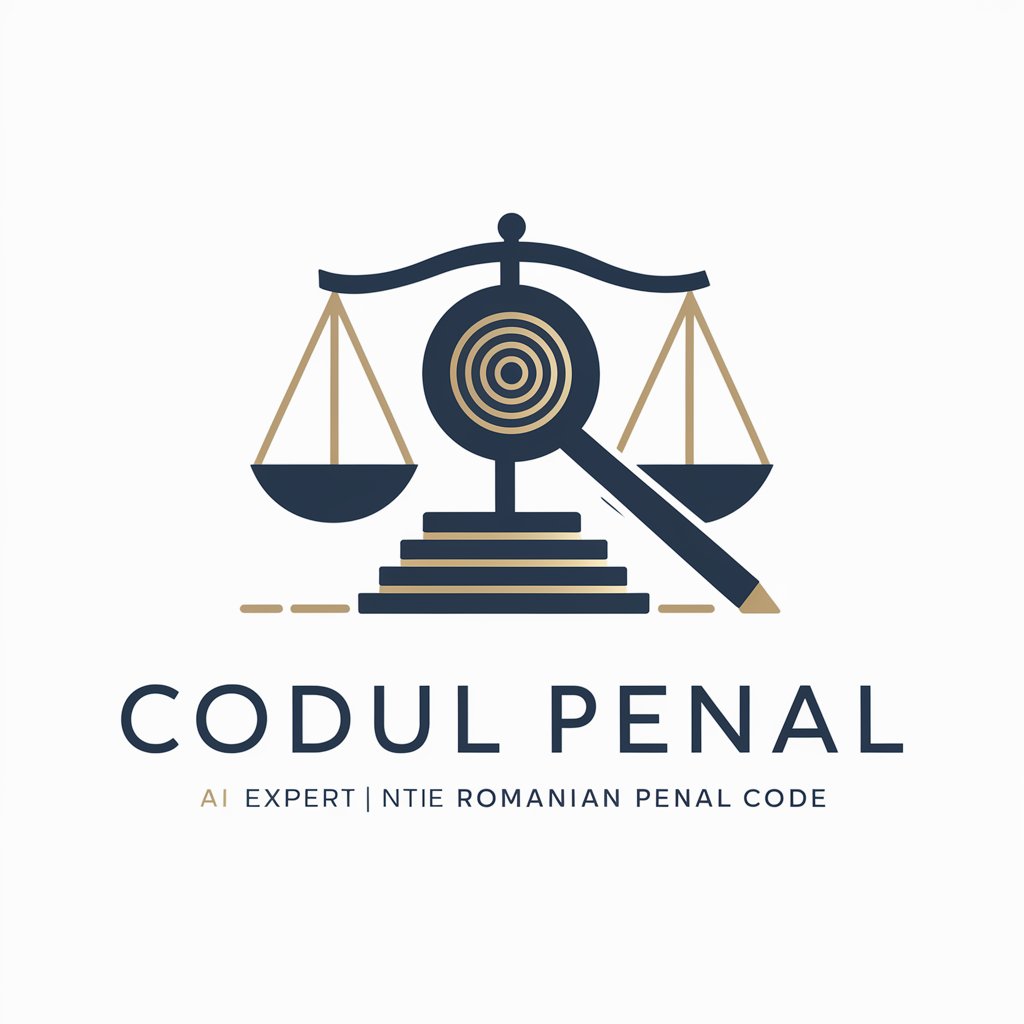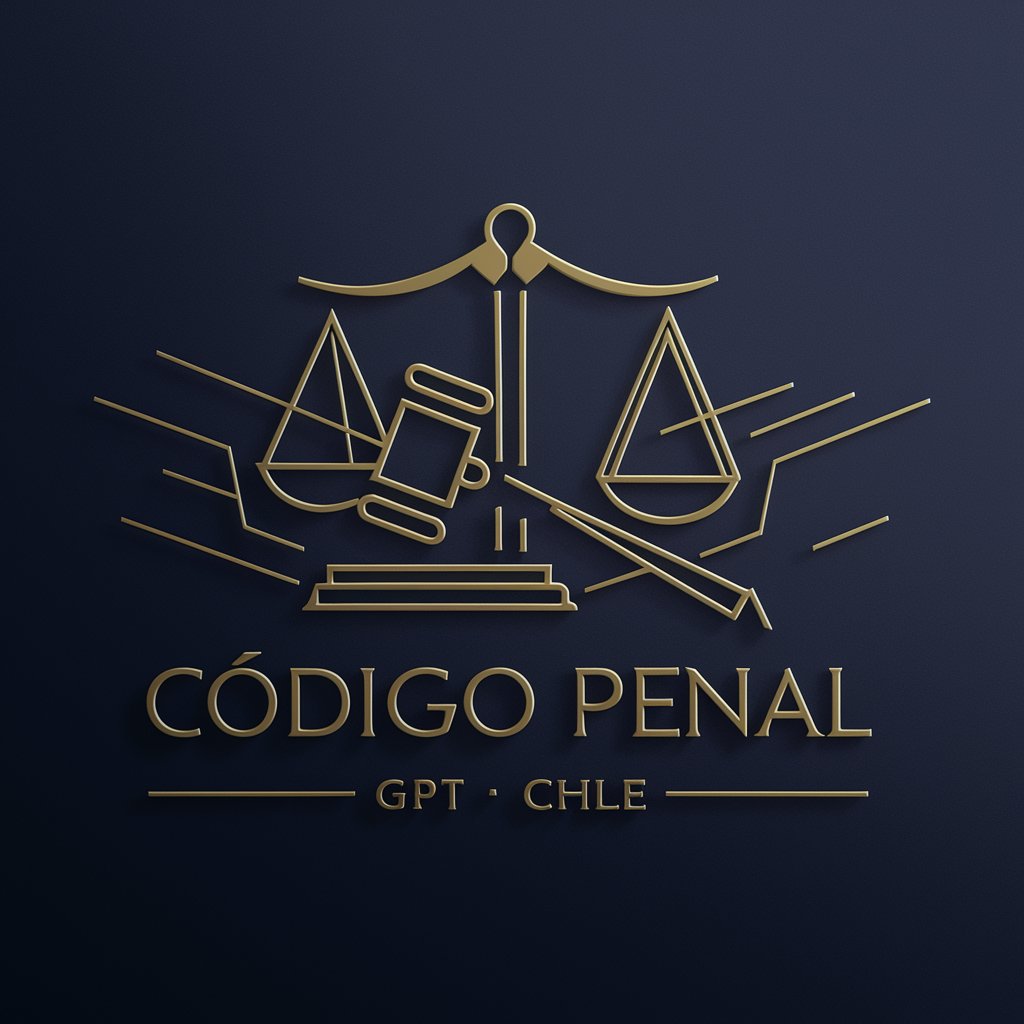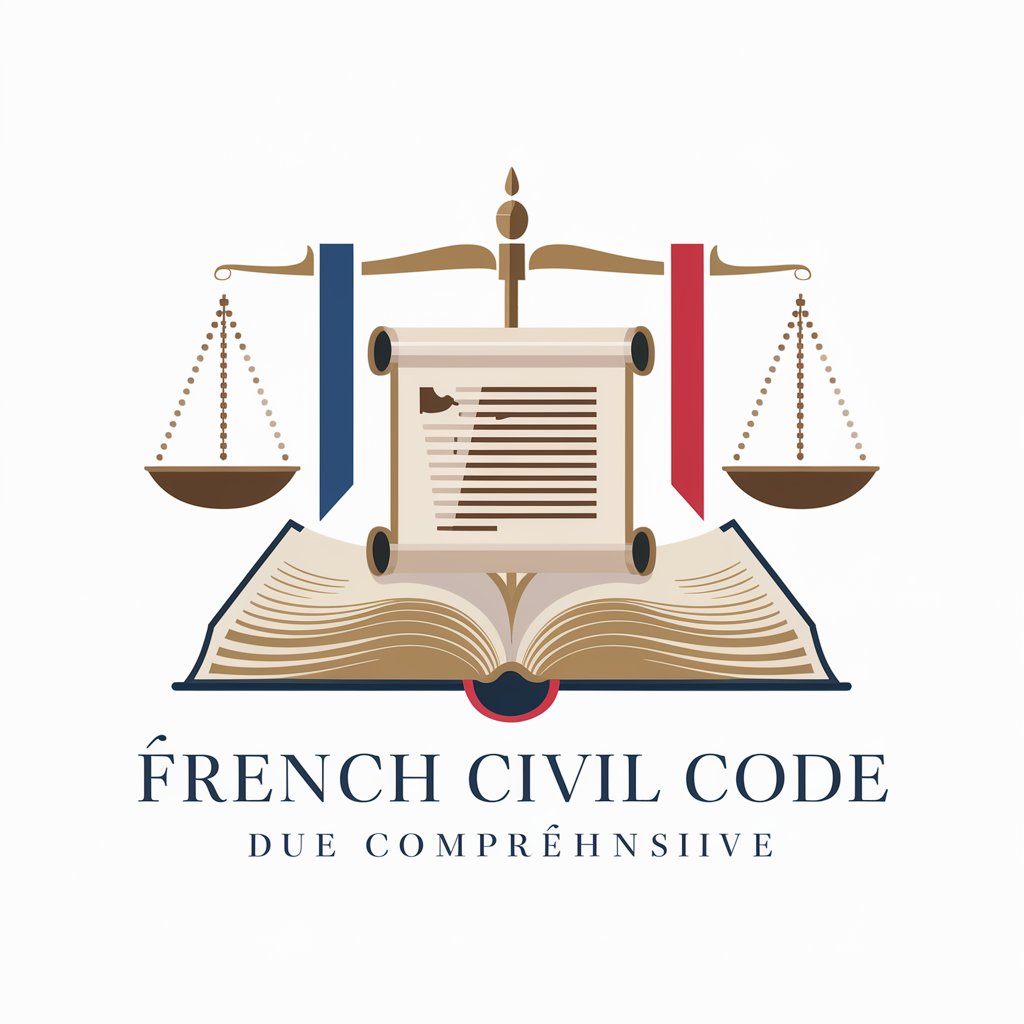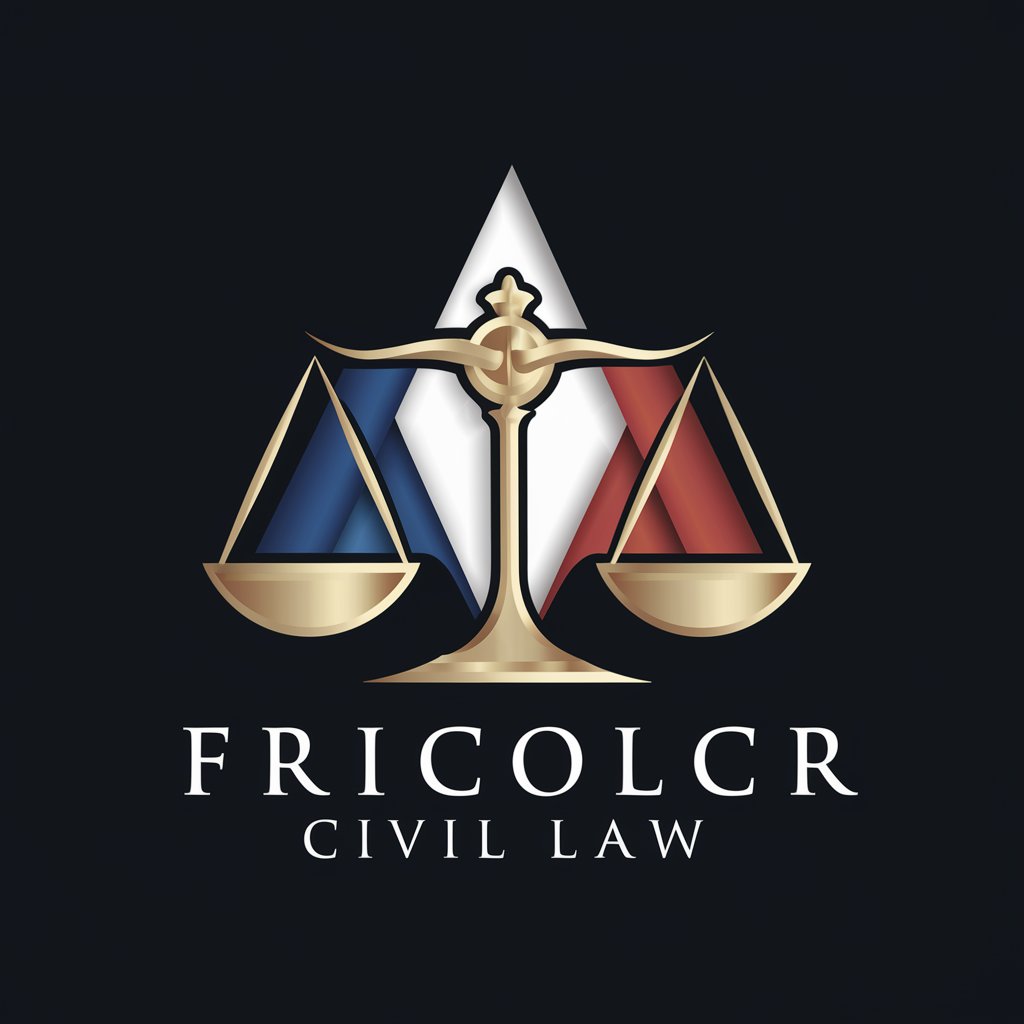
French Penal Code - French Law AI Assistant

Welcome to your guide on the French Penal Code.
Navigating French Law with AI
Explain the classification of offenses under the French Penal Code.
What are the principles of criminal responsibility according to the French Penal Code?
Describe the application of French criminal law in international contexts.
What are the legal implications of new criminal laws according to the French Penal Code?
Get Embed Code
Overview of the French Penal Code
The French Penal Code (Code pénal), as encapsulated in the LEGITEXT000006070719 document, outlines the legal framework governing criminal offenses in France. It categorizes infractions into three main types: crimes, misdemeanors (délits), and petty offenses (contraventions), each with specific legal ramifications and penalties. It also specifies principles such as the legality of crimes and penalties, territorial and temporal application of the law, and detailed procedures for prosecution and penalty execution. The Code ensures that no one can be punished for an act that was not legally defined as a crime at the time of its occurrence and that penalties are strictly determined by the law. For example, Article 113-2 underscores the application of French criminal law to any constituent act of a crime occurring within the Republic’s territory, illustrating its broad jurisdictional reach. Powered by ChatGPT-4o。

Core Functions of the French Penal Code
Legal Classification and Penalty Specification
Example
Crimes, misdemeanors, and petty offenses are clearly categorized with corresponding punishments.
Scenario
If a theft occurred, which is a misdemeanor, the Penal Code specifies potential penalties like imprisonment or fines, guiding judicial procedures.
Jurisdiction Establishment
Example
It determines the scope of French legal authority over crimes committed in various locales, including overseas.
Scenario
For a cybercrime impacting a French citizen but originating abroad, the Penal Code allows French law to be applied, thereby facilitating international legal cooperation.
Legal Interpretation and Application
Example
Articles provide foundations for courts to interpret and apply rules consistently, including the adaptability of laws over time and across different scenarios.
Scenario
In assessing a new type of digital fraud, courts use the Penal Code's principles to decide on the legality of acts and appropriate penalties, ensuring justice while adapting to new technological contexts.
Primary Users of the French Penal Code
Legal Professionals
Lawyers, judges, and prosecutors use the Penal Code to guide the litigation and prosecution process, ensuring that all legal proceedings follow codified law.
Law Enforcement Agencies
Police officers and federal agents rely on the Penal Code to understand the limits and definitions of legal actions, aiding in the enforcement of laws and the preparation of cases for prosecution.
Academics and Law Students
This group studies the Penal Code to understand and teach the structural and functional aspects of criminal law in France, preparing new legal professionals for practice.
Policy Makers
Legislators use the Penal Code as a reference to draft new laws and amend existing ones, ensuring that all legislative changes align with the established legal framework and societal norms.

Guidelines for Using the French Penal Code
Visit yeschat.ai
Start by visiting yeschat.ai for a free trial, no login required, and access is available without the need for a ChatGPT Plus subscription.
Identify your need
Determine which aspect of the French Penal Code you need to consult, whether it's general information, specific legal provisions, or judicial interpretations.
Utilize search functionalities
Use the search function within the document or database you are accessing to find relevant articles or sections directly related to your query.
Review legal terms
Make use of glossaries or legal dictionaries provided within the tool to understand specific legal terminology that is critical to interpreting the law accurately.
Check updates
Regularly verify if there have been any amendments or updates to the laws you are reviewing to ensure the information is current and valid.
Try other advanced and practical GPTs
KPI Insight
Harness AI to Drive KPI Performance

FBA Wholesale Assistant
Empowering FBA Sellers with AI

Retail Media Advisor
Elevate Retail with AI-powered Insights

Black Friday Deal Finder
Maximize savings with AI-powered deal tracking.

Meal Planner Pro
Plan Meals Smartly with AI

Wholesale Helper
Empowering Retail Partnerships with AI

DERECHO CIVIL, MERCANTIL Y PENAL
Empowering Legal Professionals with AI

Derecho Procesal Penal Carlos Barragan 2 de 3
Master Criminal Procedure with AI

CODUL PENAL
Empowering through Legal Knowledge

Super Chat com Código Penal Brasileiro
Decoding Brazilian Law with AI

ASSISTENTE | CÓDIGO PENAL E DE PROCESSO PENAL
AI-powered Brazilian Legal Assistant

Echo Strider
Empowering Decisions with AI

Frequently Asked Questions about the French Penal Code
What are the main categories of offenses in the French Penal Code?
The French Penal Code categorizes offenses based on their severity into three main groups: crimes, misdemeanors (délits), and petty offenses (contraventions).
How does the French Penal Code define a crime?
A crime in the French Penal Code is considered a serious offense, usually punishable by imprisonment in a criminal court, such as murder or rape.
What is the role of intention in French criminal law?
Intention plays a crucial role in French criminal law as it determines the culpability of an individual. A person can only be criminally liable for actions committed with the requisite criminal intent, except where the law specifies liability for negligence or recklessness.
Can legal persons be criminally liable under the French Penal Code?
Yes, legal persons, excluding the State, can be held criminally liable for offenses committed on their behalf by their organs or representatives, according to specific conditions outlined in the code.
What are the principles of territoriality in the French Penal Code?
The French Penal Code applies to any offense committed on French territory, and under certain conditions, it can also apply to offenses committed outside France by French citizens or against French citizens.





